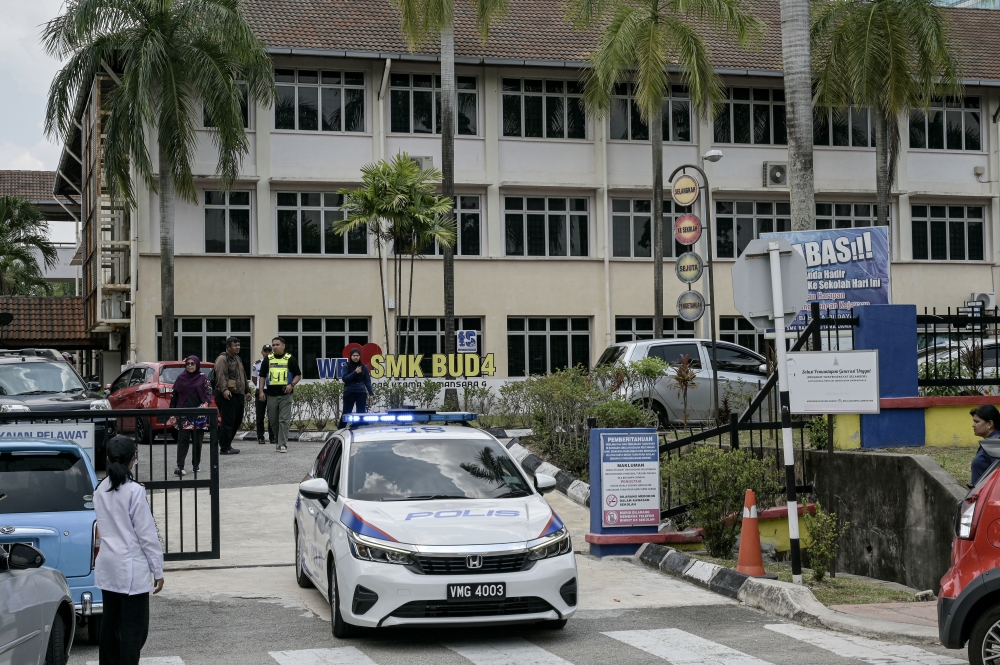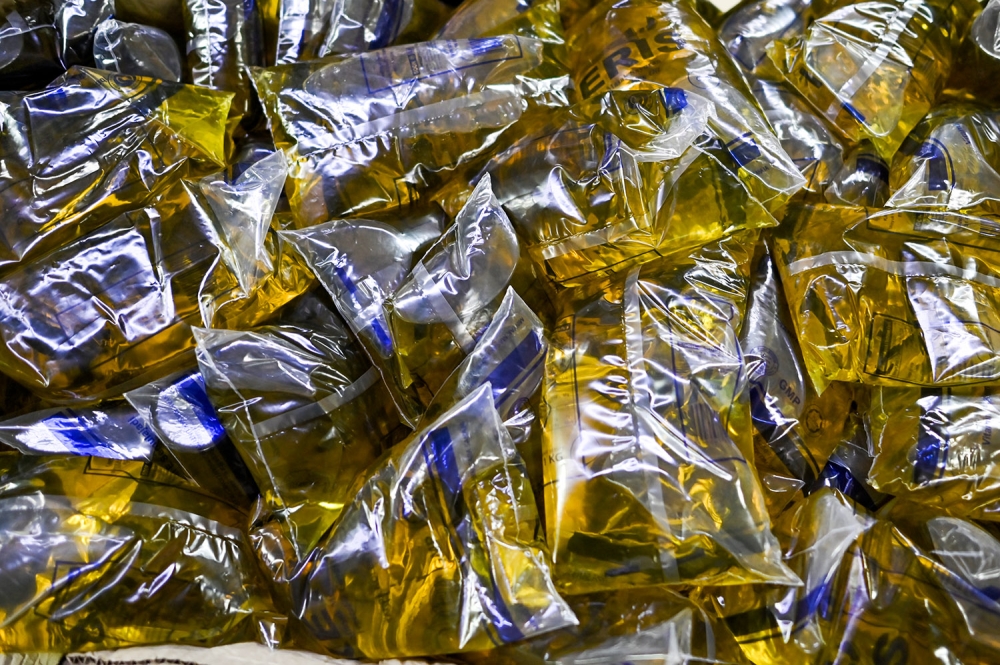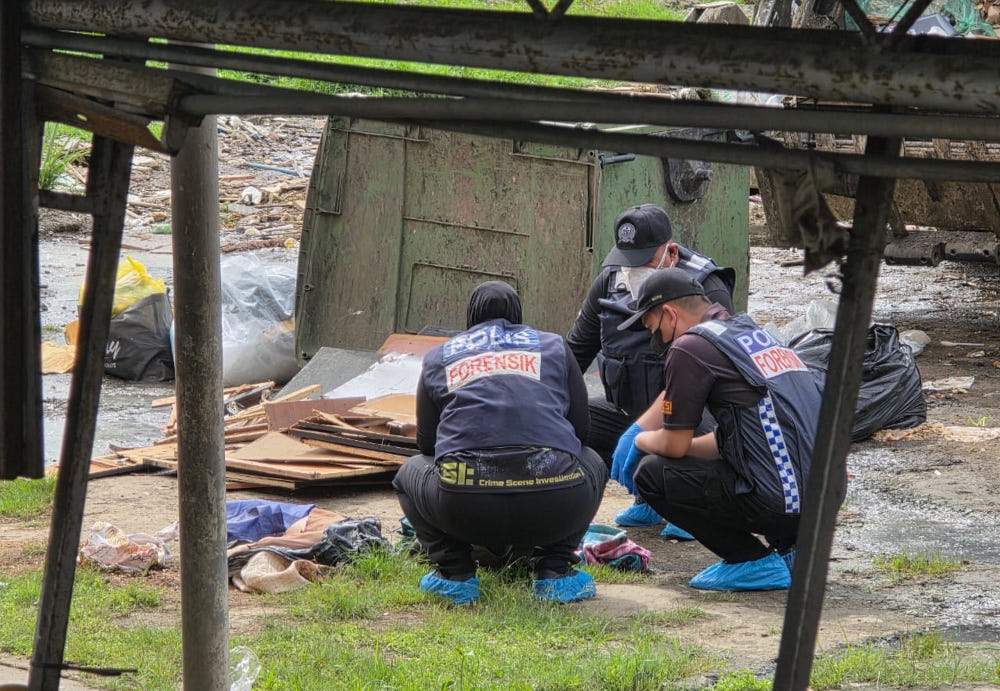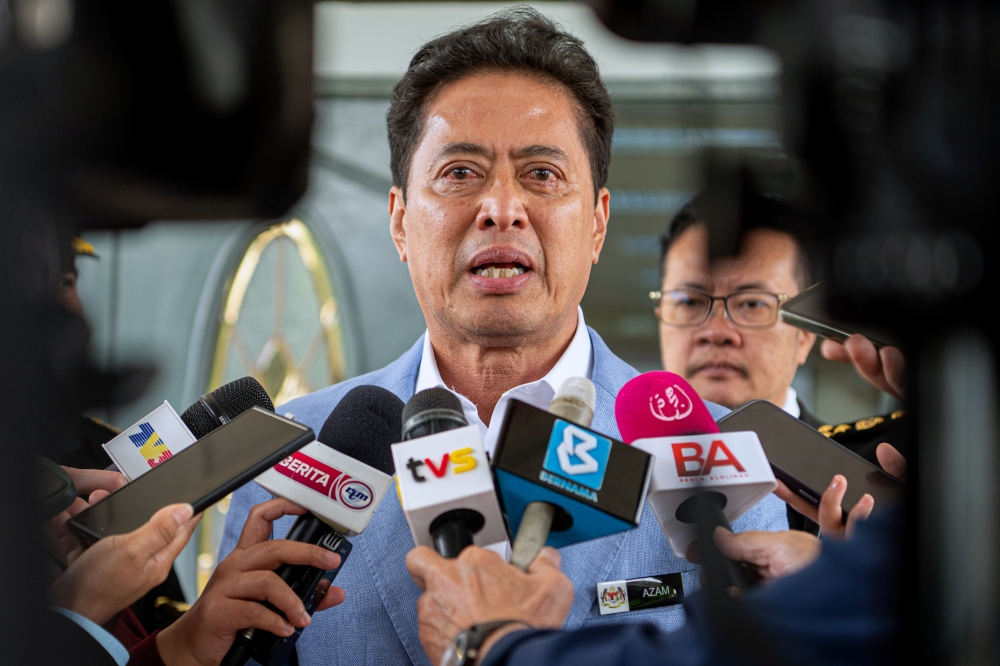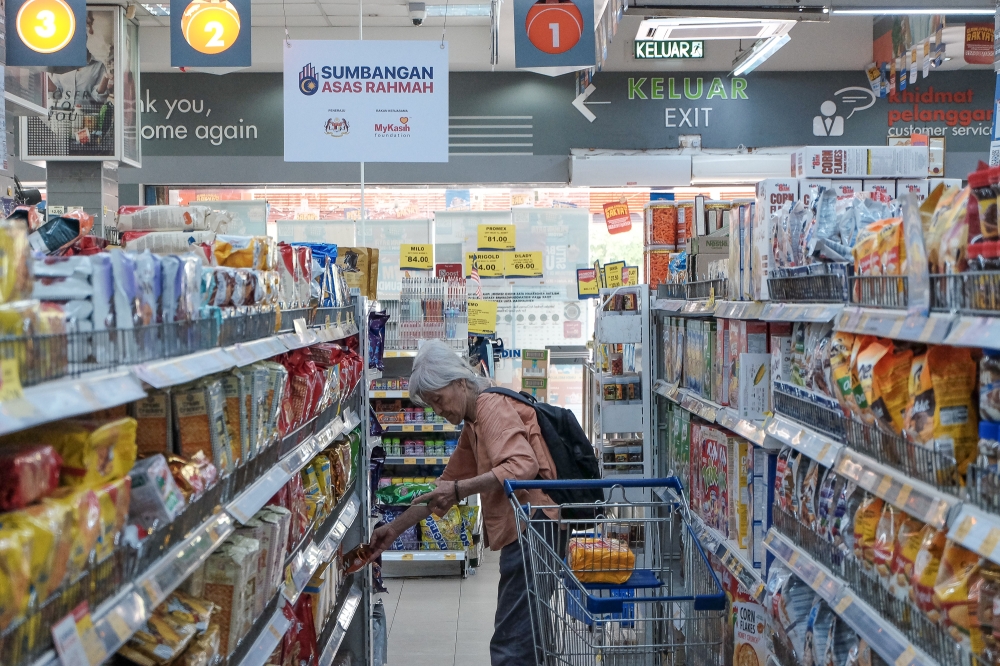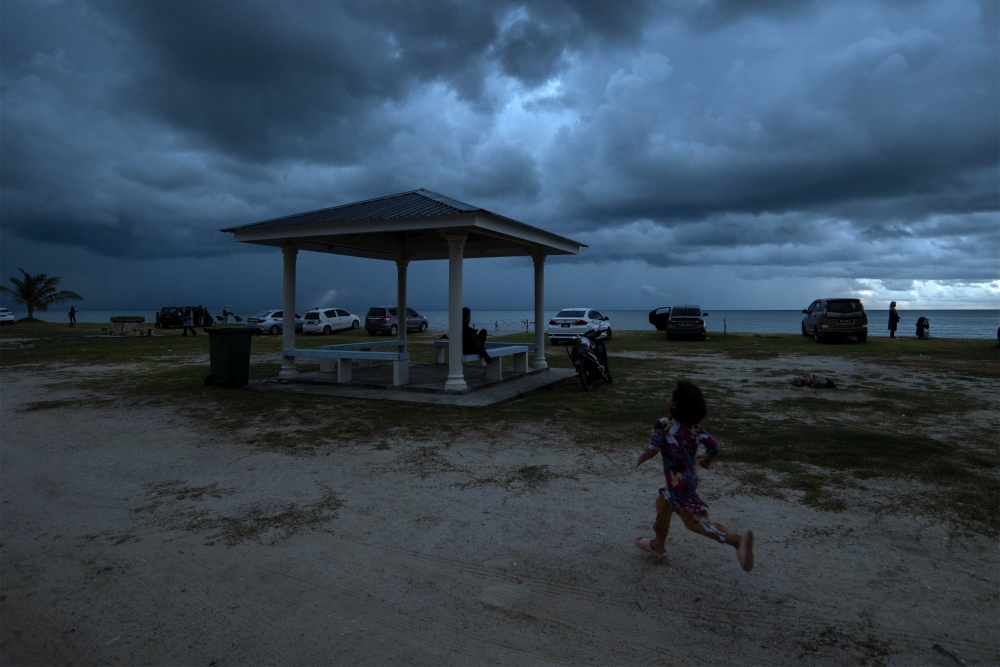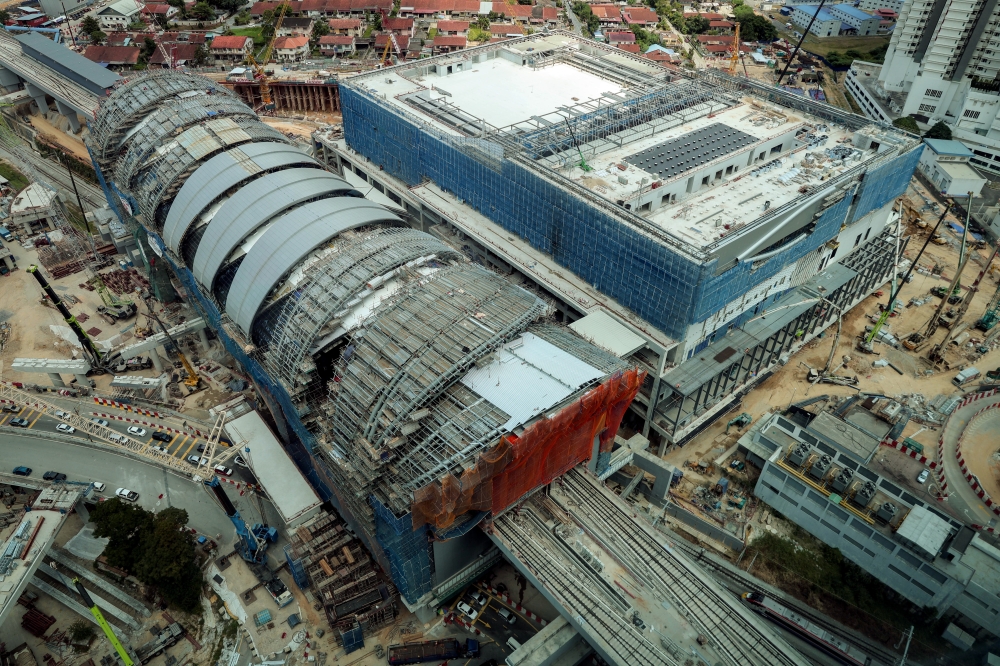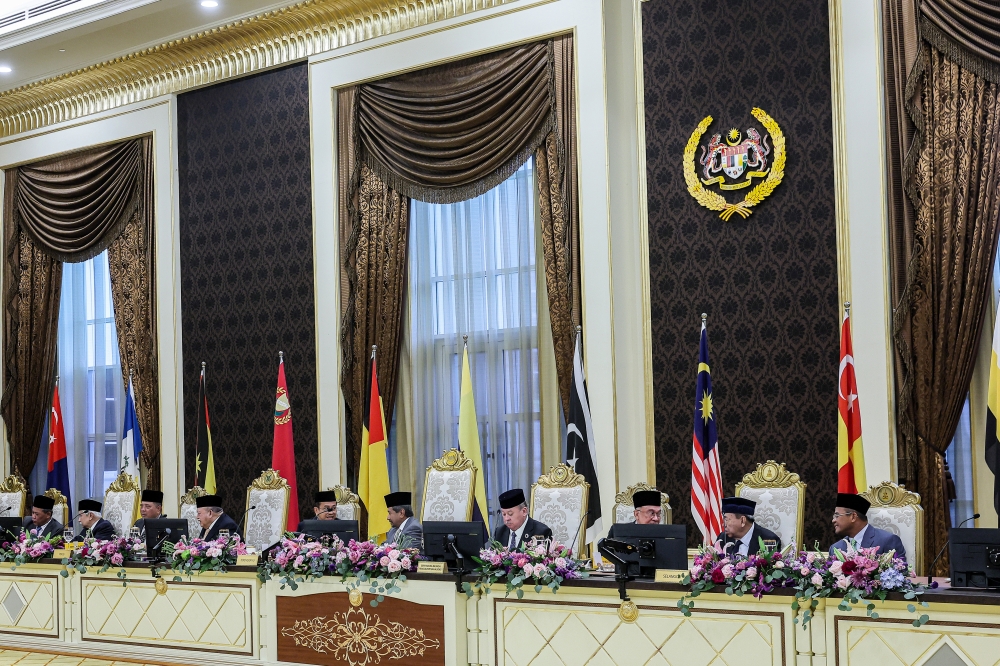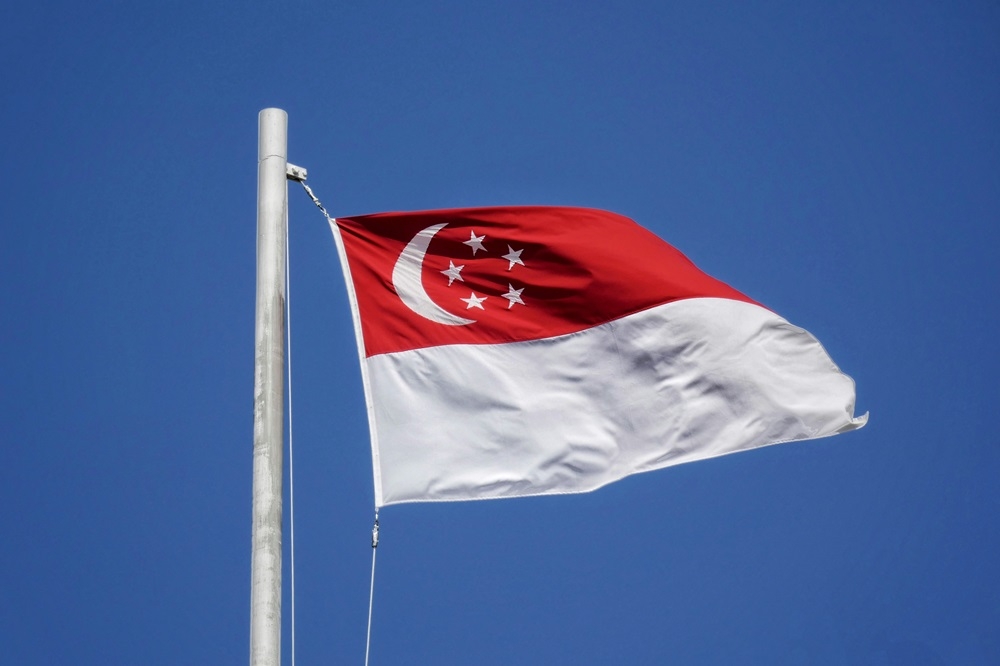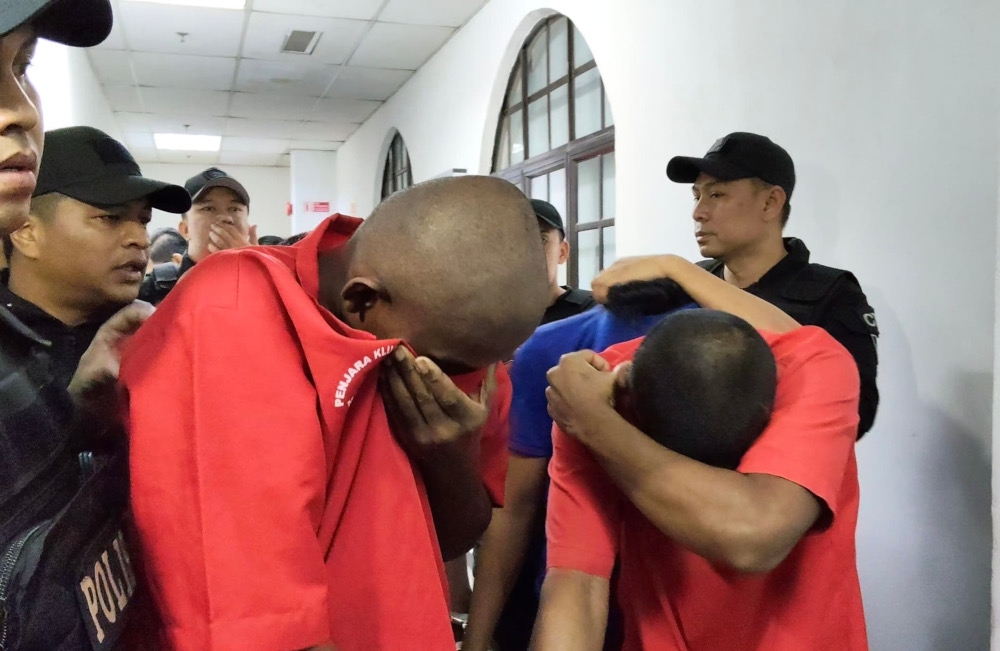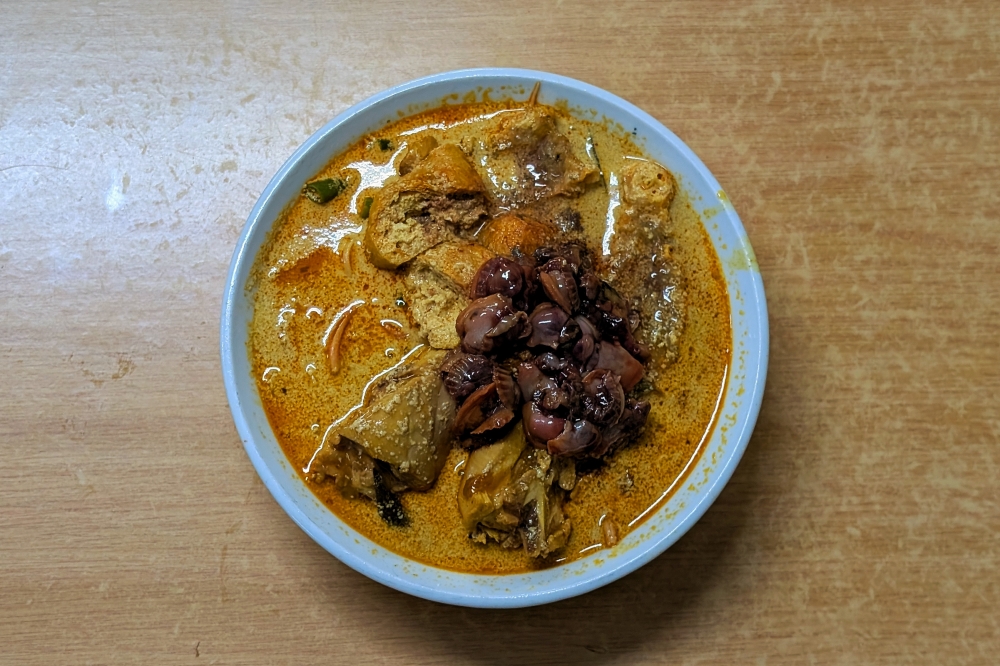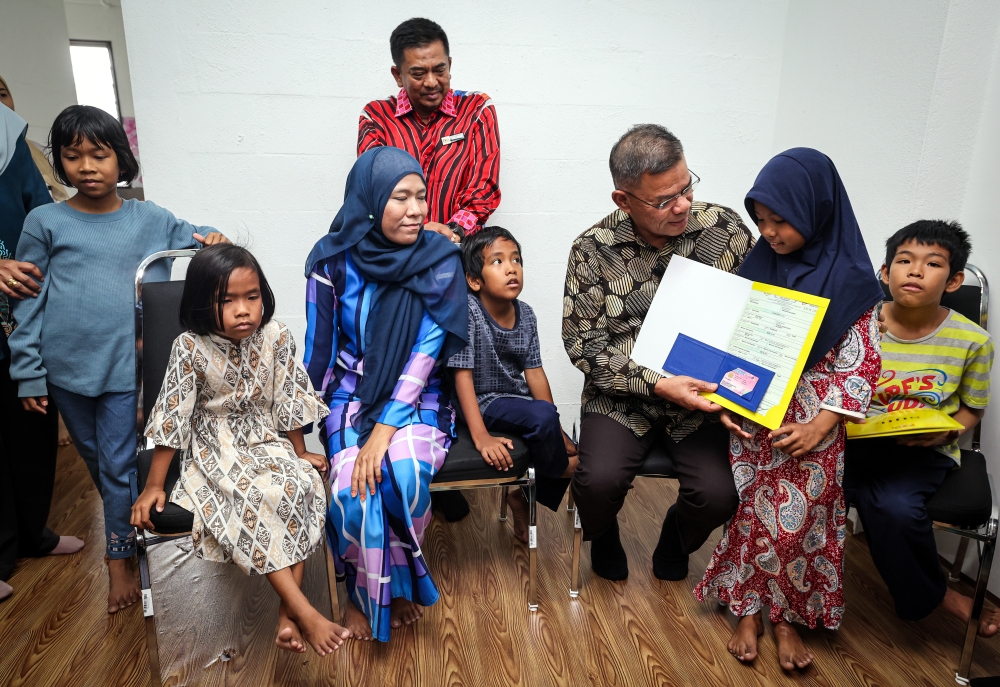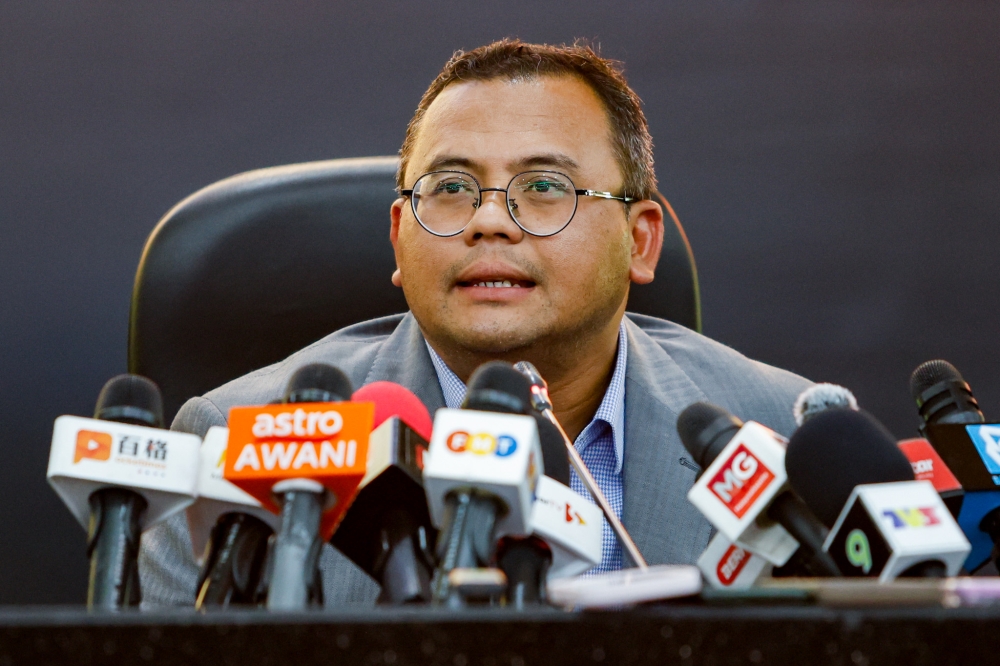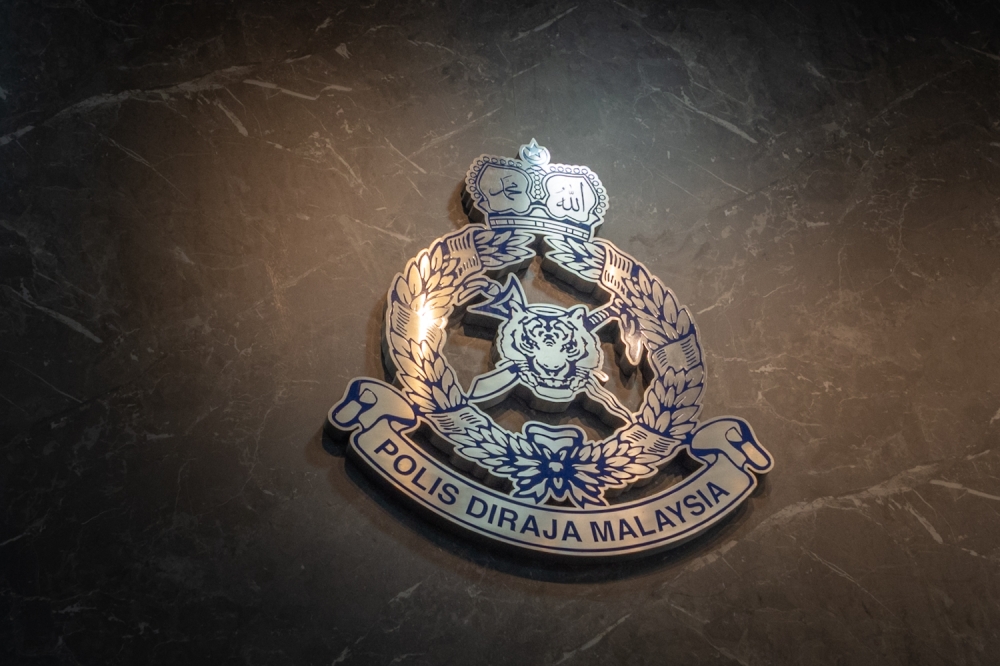KUALA LUMPUR, Jan 13 — The Centre for Independent Journalism (CIJ) has called Tan Sri Azam Baki’s defamation suit against the journalist who first reported about the shares he owns in several public-listed companies as a form of intimidation.
Its director Wathshlah Naidu said the suit raises serious questions about the Malaysian Anti-Corruption Commission (MACC) chief commissioner’s integrity as a public official, who in his professional capacity should be working towards the elimination of corruption and protecting the media’s rights to report about power abuse.
“This move by Azam Baki is seen as a form of intimidation and reprisal against a journalist, who in good faith provided fact-based news articles on a matter of public interest,” the centre said in a statement sent to Malay Mail.
“It is the media’s role to investigate and report on matters that would impact the trust and credibility of public institutions as necessary means of ensuring transparency and holding them accountable,” she added.
“Initiating litigation against the media is akin to denying the public’s right to know and access information that would enable them to make informed decisions and form opinions.”
Rights groups have repeatedly raised concern about the trend to initiate retaliatory lawsuits by public officials accused of corruption as a way to deter free speech and expression.
Azam Baki had filed a defamation suit against the journalist, Lalitha Kunaratnam, yesterday for articles published in the Independent News Service (INS) news portal last year, which among others named the MACC chief commissioner as shareholders of several listed companies.
The shares were believed to have been bought in between 2015 to 2016, when Azam Baki was already a ranked officer of the MACC.
He has denied wrongdoing and said the reports were intended to smear his and the commission’s image.
CIJ said the use of retaliatory lawsuits against an independent journalist is concerning when many of them bring attention to complex issues or scandals.
“In many instances, these journalists do not have the financial means and legal support. It creates a worrying precedent where journalists are forced to operate within a climate of fear,” it said.
CIJ also called on the government to be more proactive in responding to allegations and claims highlighted by the media, and ensure its laws and mechanisms are not misused to restrict and punish the media for critical reporting.
“Investigative reports are an integral part of freedom of expression and the right to information. The media adds another layer as whistleblowers,” it said.
“Protection of whistleblowers is also essential as it safeguards public interest and promotes a culture of public accountability and integrity.”
The centre has called on Azam Baki to withdraw the defamation suit and the harassment against the journalist.
The state must also guarantee a safe and enabling environment for media by reviewing and amending defamation laws that are often used as retaliation against media reports which are critical of public institutions or individuals holding public office, it added.

